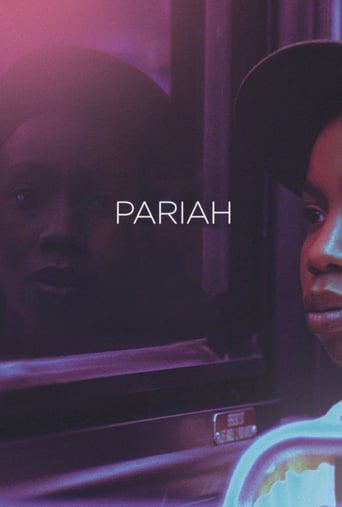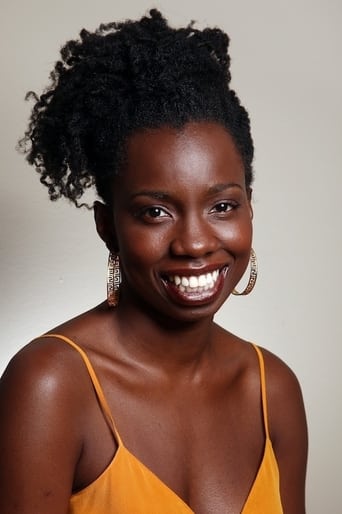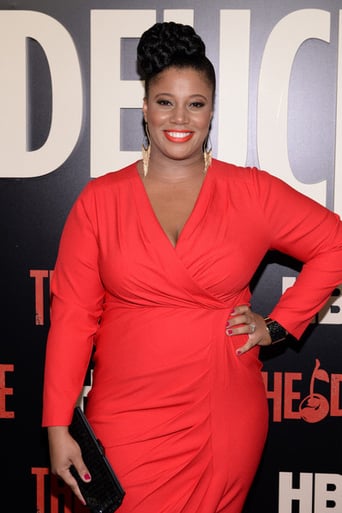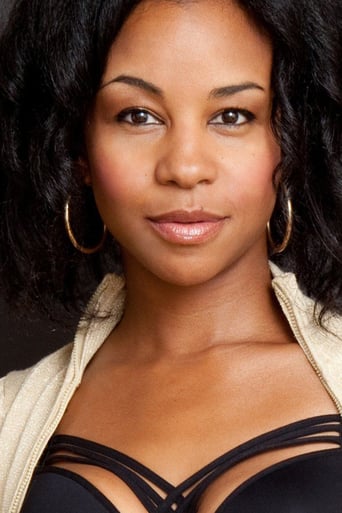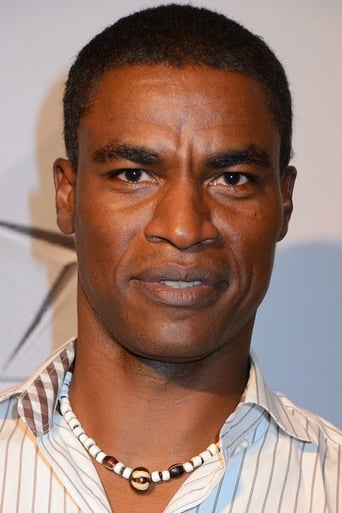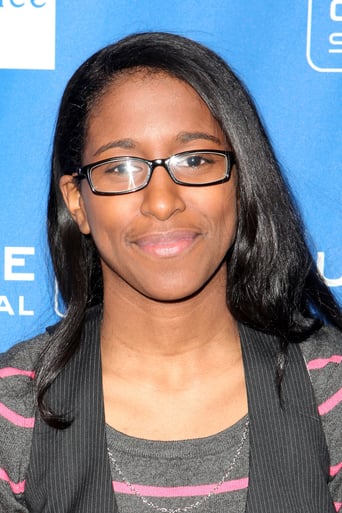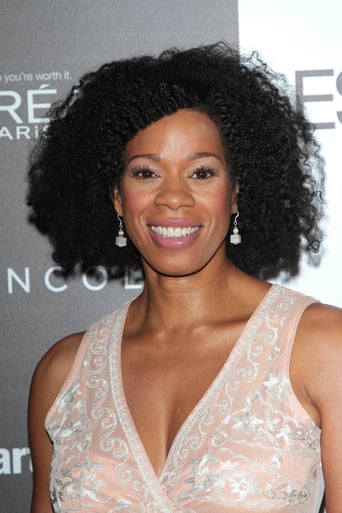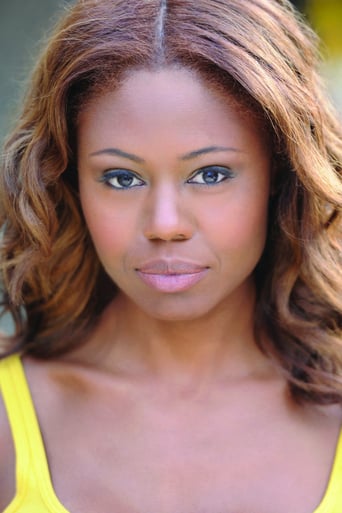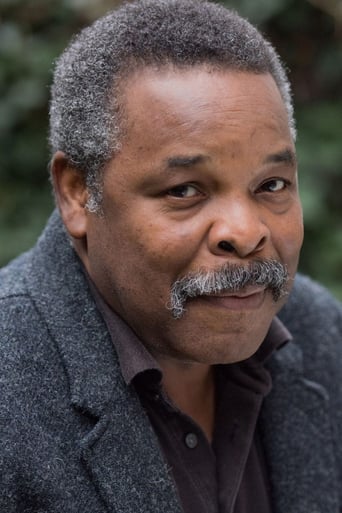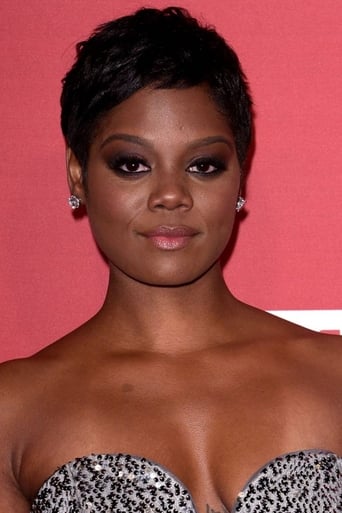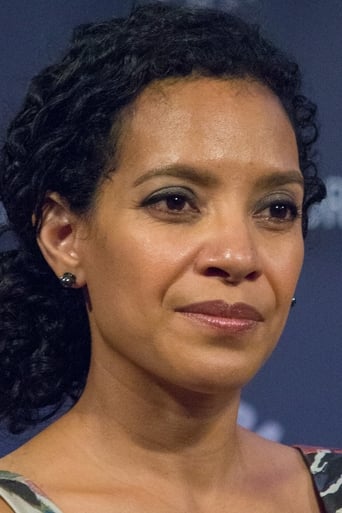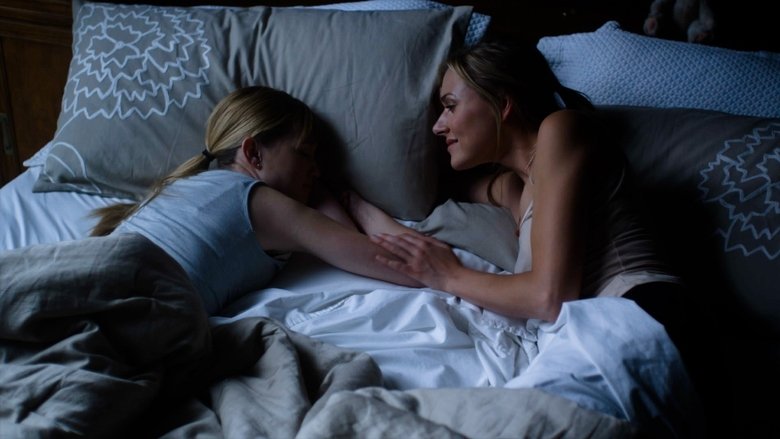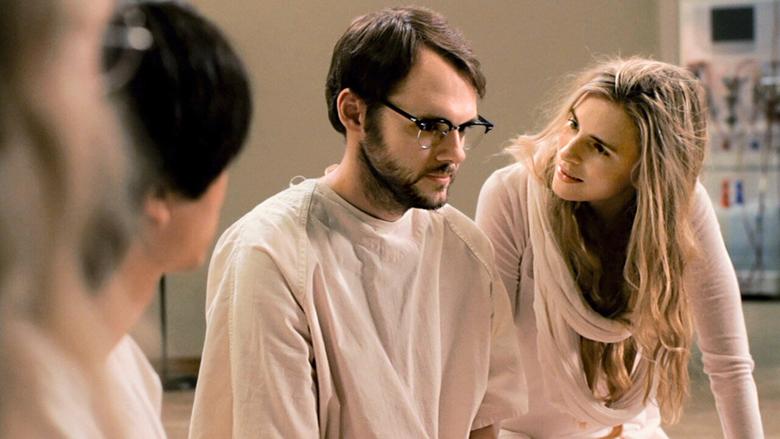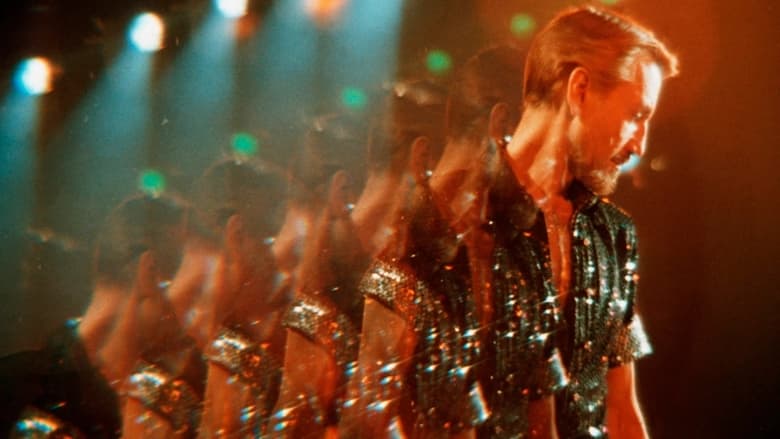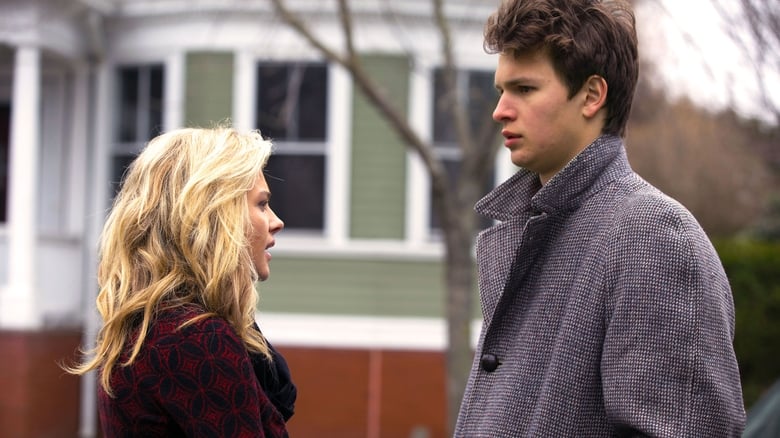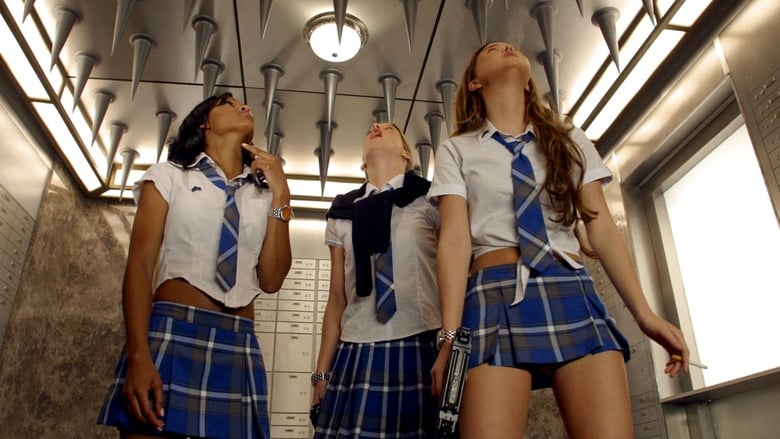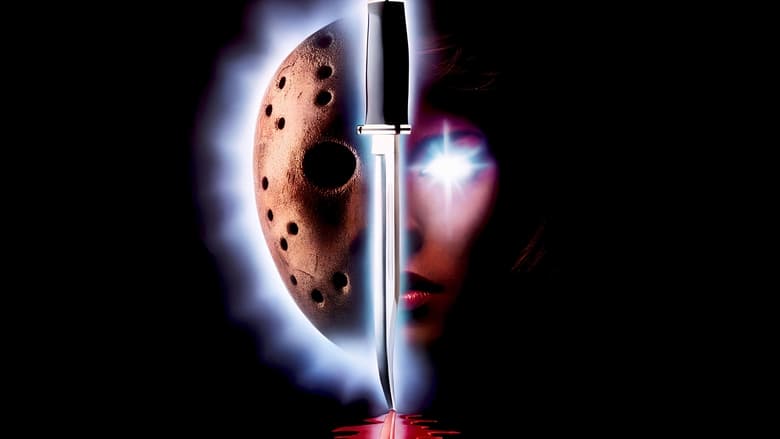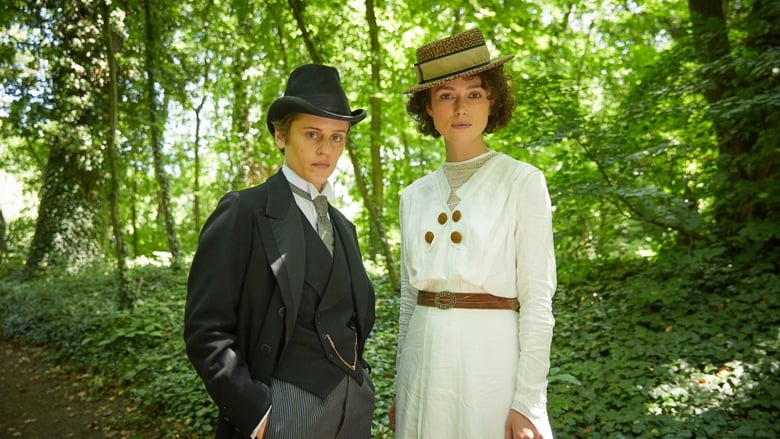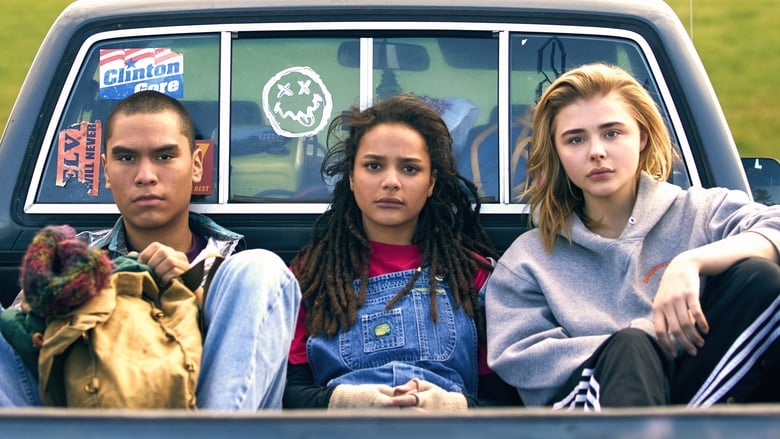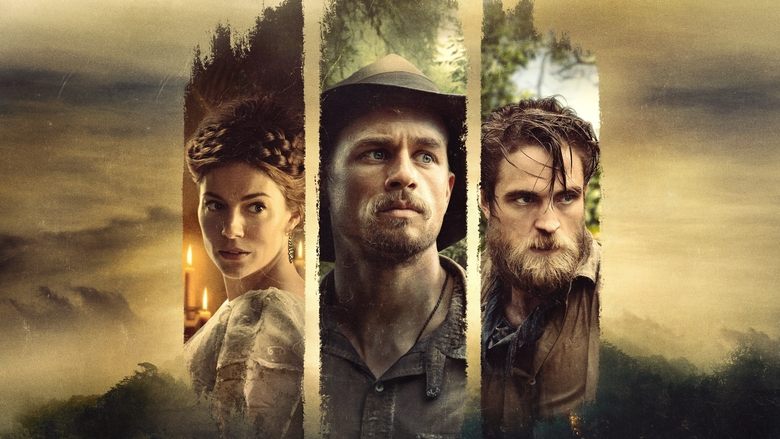A Brooklyn teenager juggles conflicting identities and risks friendship, heartbreak, and family in a desperate search for sexual expression.


Similar titles
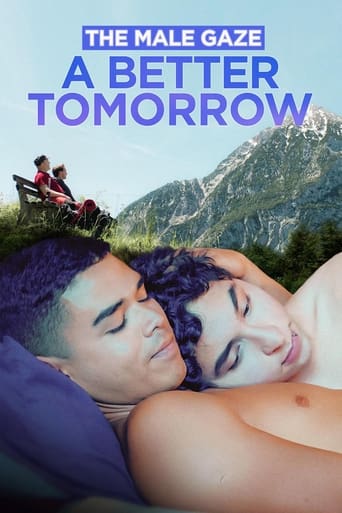
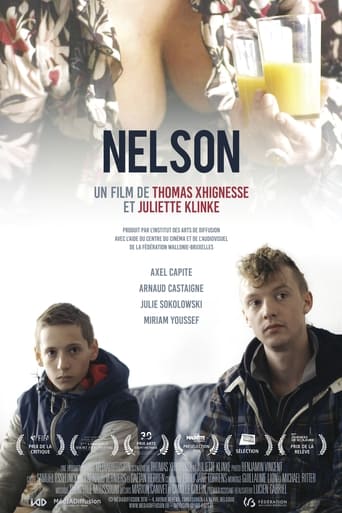
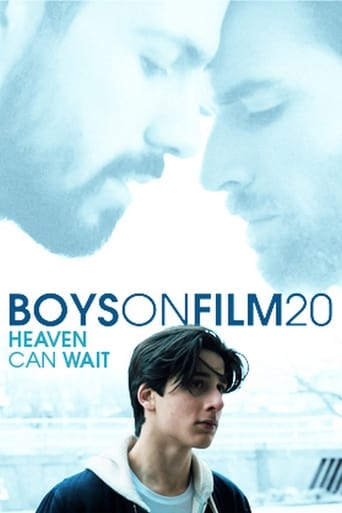
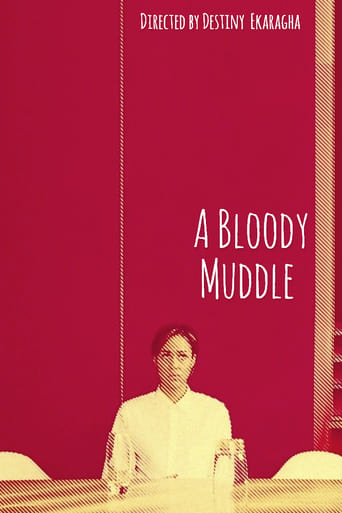
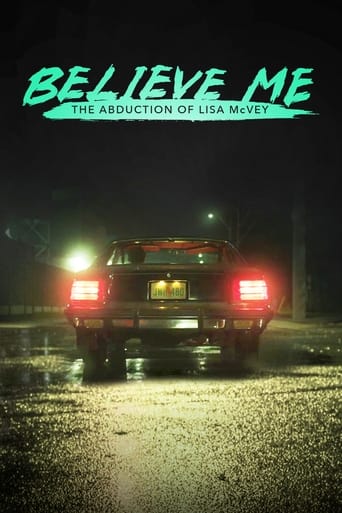

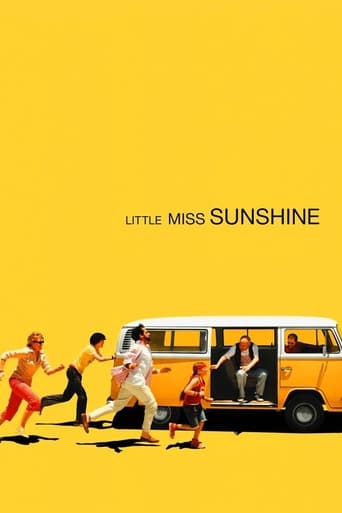
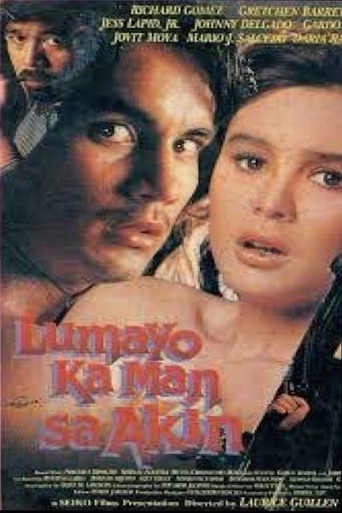
Reviews
In her 2011 film, Pariah, director Dee Rees examines the events of a lesbian adolescent female named Alike's life as she grows up in Brooklyn with her family that refuses to acknowledge her sexuality. Rees uses an intimate film style to closely examine the film's characters and the relationships between them as they function in a society that still does not fully accept those that are gay. By analyzing Rees' use of cinematography and plot, there are certain conclusions to be made regarding the film's ability to accurately portray the often struggle-laden experience of teenager growing up, in addition to them being criticized and even socially rejected for being gay. From the start of the film, Alike's experience of growing up while also beginning the process of 'coming out' with her sexuality is demonstrated to be painstakingly discreet. This is shown in the scene in which Alike takes the bus home from the club and changes out of her tomboy-look into more effeminate clothing and puts on earrings, so as to prevent her mother from discovering her sexuality (Serwer 1). This film not only serves as an autobiographical entry of a young women entering into adulthood, but also a journey of acceptance by one's family and society in general. This film also embraces the "womanist" culture, in that the women being portrayed in the film support each other without the assistance of a man's strength and disregards 'girly' stereotypes (Reid 109). Alike serves as an example of a woman that rejects the traditional, Nuclear role of a dependent female that typically relies on the patriarchal power and knowledge of a male figure to extract her strength, which is particularly demonstrated on screen by her nearly completely absent father (Reid, 112). Rees examines several of the greatest enemies of adolescence, the parents, in that they not only reject Alike for being gay, but also perceive her sexuality as a reason to socially condemn her. Alike's parents' rejection of her throughout the film demonstrates the reoccurring phenomenon in films about growing up in which the parents and society in general do not accept the emerging individuality of teenagers (Reid, 115). For example, Alike's sexuality is dismissed as a phase by her parents, which serves as a blanket response to anything that the parents do not like the idea of and assume that their child will grow out of. This film also reveals a certain societal perspective on gay people, which is that they inadequate because of their sexuality, which results in them often keeping their sexuality discreet, just as Alike had (Serwer 1). However, Alike used others' lack of faith in her as a source of empowerment to finally come out with her sexuality and pursue her dreams confidently. The film Pariah examines the struggles faced by those growing up gay in a society that does not yet fully accept them for who they are, and especially not their sexuality. Rees uses a riveting yet realistic plot to share a story not commonly told with the audience in hopes to raise awareness about the negative side-effects of rejecting someone based on an element integral to their being, such their sexuality. This film serves as a type of empowerment for women of any sexuality in that it shows the remarkable strength of one that is almost completely rejected by her family, and yet finds the courage in herself to continue to follow her dreams of writing poetry. More importantly this film serves as a reminder that teenagers and their individual characteristics, including sexuality, should not be treated as anything less than something that is integral to their unique personality and what makes them who they are, whether others disagree with it or not.Work Cited: Reid, Mark. Redefining Black Film. Berkeley, University of California Press, 1993. Serwer, Andrew. "Film Review: "Pariah" and the Untold Stories in Black Cinema." Mother Jones (2011): 1. 28 Dec. 2011. Web. 16 Apr. 2017.
Quite simply: You have a 17 year old Brooklyn Teenager struggling to find herself (in a world around her full of labels).The Journey she takes is compelling and the performances are stellar, true and heartfelt (Kim Wayans performance is a huge surprise). It is very rare that such a complex and moving film can so deeply affect you, yet maintain such an up close and personal relationship (between all the characters) and that's why (along with the performances) this Film works! Without any extra hyperbole, this is , quite simply, one of the Best Films of the last 10 years!
Writer/Director Dee Rees is an inordinately talented newcomer. If PARIAH is indicative of the quality of films she will create, then we are in for a new level of verismo cinema. She tackles a tough subject - same sex relationships among African American women - with such insight and care to details that her film jumps off the screen screaming as in the words of her heroine 'I'm not running - I'm choosing': lesbian girls are not God's mistake (to quote the mother figure) but instead have the courage to accept their difference and embrace their sexuality and still become successful members of society.Alike/Lee (Adepero Oduye, a fine young actress who hails from Brooklyn by way of Nigeria, a graduate of Cornell University who has studied acting with Wynn Handman, Austin Pendleton, and Susan Batson) is a 17-year old sexually conflicted girl who lives in Brooklyn with her younger very bright sister Sharonda (Sahra Mellesse) and her parents - police detective father Arthur (Charles Parnell) and conservative, overprotective, biased mother Audrey (Kim Wayans). Alike is an excellent student, a blossoming poet, and a lesbian: she maintains tow life styles complete with clothes changes so that she can be the 'daughter' at home and herself outside the home. Alike's best friend Laure (Pernell Walker) is her support system as Laure is comfortable about being out as a lesbian. Alike's home life is strained as her ever arguing parents disagree on many factors, on of them being Alike's need to appear like a man. Audrey arranges for Alike to become friends with Bina (Aasha Davis) who is the daughter of one of Audrey's friends, an encouragement that eventually leads to Alike's surprise first sexual experience with a girl who is just 'doing her own thing' - ie, not a lesbian. This deeply affects Alike, she delves more deeply into her poetry and graduates early because of her shining school record. At a point of no return she is confronted by her parents and the manner in which she makes her decision as to 'run or choose' provides the ending of the story.The cast is uniformly strong and though Adepero Oduye makes a show-stopping debut, the other actors are equally superb. Bradford Young is the cinematographer who helps create the atmosphere. The dialogue is delivered in street language and is often covered with shouting and with multiple characters talking simultaneously: subtitles help here. But the genius of the film is in the concept and the courage and in the amazing gift for creating meaning cinema that comes across as the work of Dee Rees. She is a talent to watch. Grady Harp
Perhaps Pariah occupies a title that is a bit too heavy for its subject matter. The film around a seventeen year old girl, black and lesbian in an urban neighborhood, that is trying to come of age in a time where she is placed into the rare category of being "a minority within a minority." She has some friends, a distant relationship with her parents (not uncommon in teens), and, at the end, her future still has rays of light peaking through the gloom. I have hope for her, and believe that labeling her as a "pariah" is a bit too harsh.The seventeen year old is named Alike (A-lie-kah, played by Adepero Oduye). Her parents are the heavily-Christian Audrey (Wayans) and the workaholic Arthur (Parnell). Alike usually spends her nights at seamy nightclubs, with her friends and a trusty fake ID. She finds it harder and harder to keep her desires and orientation concealed from her family, and, like most girls around that age, resorts to peer discussions which serve as her motivation.Let's stop right there; it takes no expert to realize that this is a cliché premise. I understand that. What do I say about cliché premises? When taken with enough heart, seriousness, and personality, they can be involving pictures all the same. Pariah gets involved with a number of different areas in film, that usually go untouched in a coming of age picture.For one, atmosphere is put to great use here. This is a story of urban alienation, depicting homosexuality in areas where we don't often see it. I was reminded of Scorsese's Taxi Driver while watching a lot of Pariah. Atmospheres are brightly colored and vividly shot. Lots of shots bleed with color, and a lot of silence is punctuated by inviting background music, sometimes cut with boombox hip-hop. Both stories depict lonely protagonists, hungering for acceptance in society, but are continuously left lost, wandering in the sea of despair.Movies like Pariah are wonderful because they showcase new talents in a familiar world. Another fantastic debut this year was Josh Trank's Chronicle, which had a creative premise, determined actors, and a slick script that lacked in cheap exploitation and gimmicks. Pariah was originally a twenty-eight minute short film, created by director Dee Rees, and in just a few years, has expanded the idea into a fantastic film. Spike Lee serves as one of the executive producers, and in many ways, from the gritty writing to the unsettling atmosphere (just like in Do the Right Thing and Malcolm X) it mirrors a film he could've made.Not to mention, aside from the film's behind the scenes work, it is also a beauty performance-wise. Adepero Oduye is forced to carry a grand weight of the film on her back, and accepts the challenge almost effortlessly, and Kim Wayans as the blatantly harsh mother, holding back fits of rage and attitude is also a well unsung role. Pariah's story is a great one, depicting homosexuality in places we don't think about, another fascinating story of urban alienation, and showcasing extremely well-cast actors performing beautifully written material. If it keeps up, Dee Rees could become the female Spike Lee.Starring: Adepero Oduye, Kim Wayans, and Aasha Davis. Directed by: Dee Rees.
